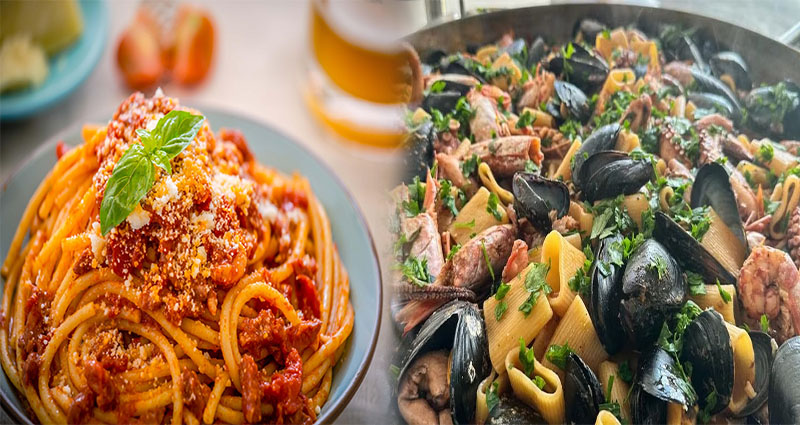Italian cuisine is renowned worldwide for its rich flavors, diverse ingredients, and deep-rooted traditions. The history of traditional Italian food is steeped in centuries of culinary artistry, passed down through generations and influenced by the unique regional cultures of Italy. In this article, we will delve into the fascinating facts and intricate history that have shaped traditional Italian food into a beloved global culinary treasure.
The Origins of Italian Cuisine
The roots of traditional Italian food can be traced back to the ancient Roman Empire, where a dedication to indulgent feasts and lavish banquets formed the foundation of what would evolve into the diverse and remarkable cuisine we know today. With the passage of time, Italian food has been shaped by various external influences, including the Byzantines, Arabs, Normans, and Spanish, each leaving their mark on the country’s culinary landscape.
Regional Diversity
One of the most captivating aspects of traditional Italian food is its distinct regional diversity. Each of Italy’s 20 regions boasts its own unique culinary traditions, resulting in a delightful tapestry of flavors and dishes. From the rich, creamy risottos of the north to the bold, spicy flavors of the south, the regional differences in Italian cuisine offer an endless array of tastes and aromas to explore.
Iconic Dishes and Ingredients
Traditional Italian food is celebrated for its iconic dishes and timeless ingredients. From the humble yet irresistible simplicity of spaghetti alla carbonara to the complex depths of flavor found in a perfectly crafted osso buco, Italian cuisine continues to captivate and charm food enthusiasts around the world. Additionally, the essential ingredients of Italian cooking—olive oil, fresh herbs, ripe tomatoes, exquisite cheeses, and flavorful wines—provide the cornerstone for creating mouthwatering and authentic Italian dishes.
Celebration of Food and Family
In Italy, the preparation and consumption of food are intrinsically linked to the values of family, friendship, and community. Meals are not merely a means of sustenance but cherished opportunities for sharing warmth, stories, and laughter. The traditional Italian approach to dining emphasizes the pleasure of savoring meals slowly, allowing for an appreciation of every flavor and nuance, while fostering an environment of familial togetherness.
Preservation of Time-Honored Traditions
Despite the evolution of global cuisine and the advent of modern culinary techniques, traditional Italian food remains committed to the preservation of time-honored traditions. The dedication to using authentic, high-quality ingredients and adhering to centuries-old recipes is a testament to the unwavering commitment of Italians to their gastronomic heritage.
The history and facts surrounding traditional Italian food are as diverse and captivating as the cuisine itself. From its ancient origins to the regional nuances and the enduring traditions of food and family, Italian cuisine continues to inspire, delight, and enthrall food enthusiasts around the world. Whether it is a comforting bowl of homemade pasta or a delectable slice of tiramisu, traditional Italian food invites us to savor the flavors and savor the rich tapestry of history and cultural heritage it embodies.









